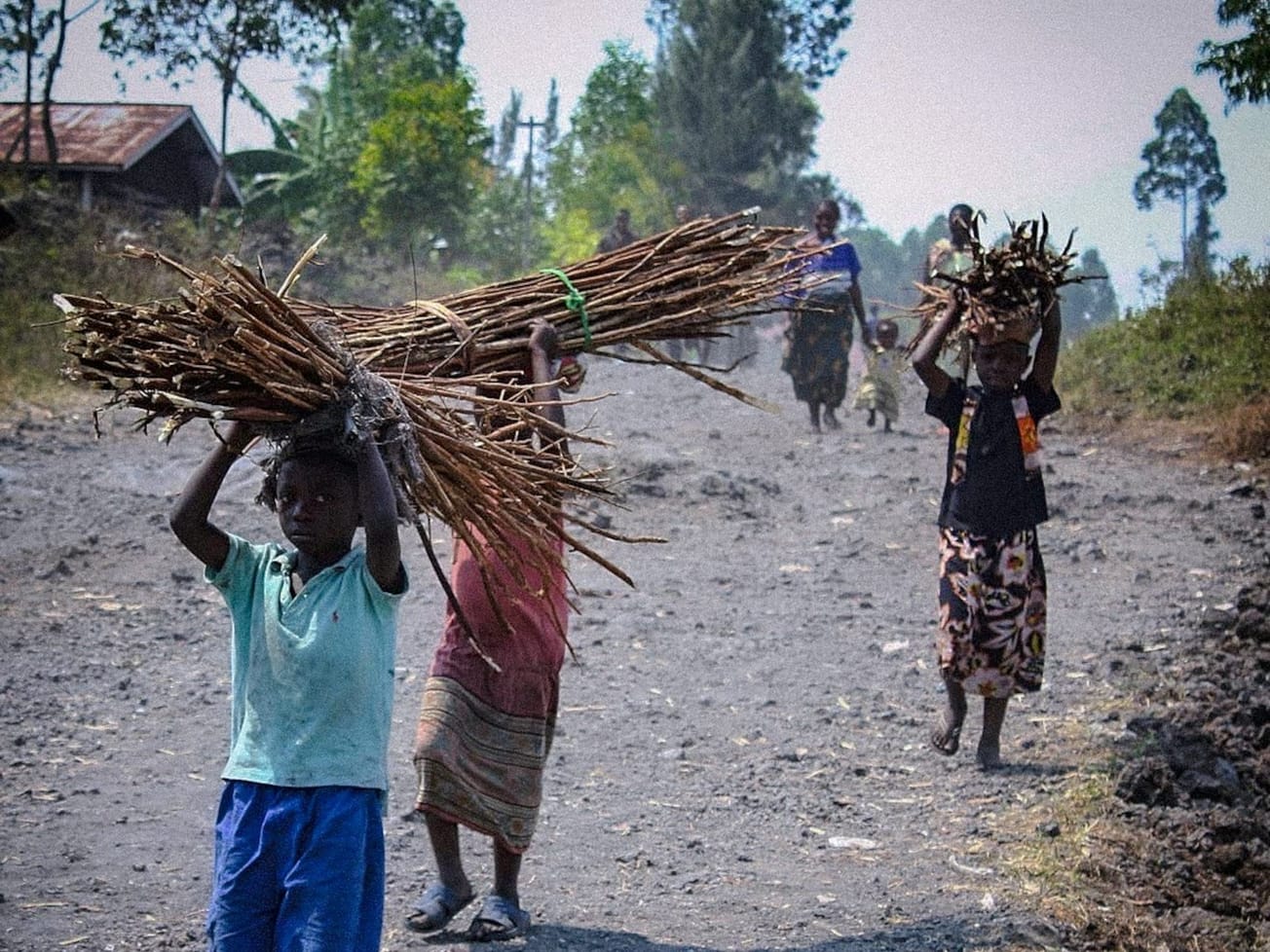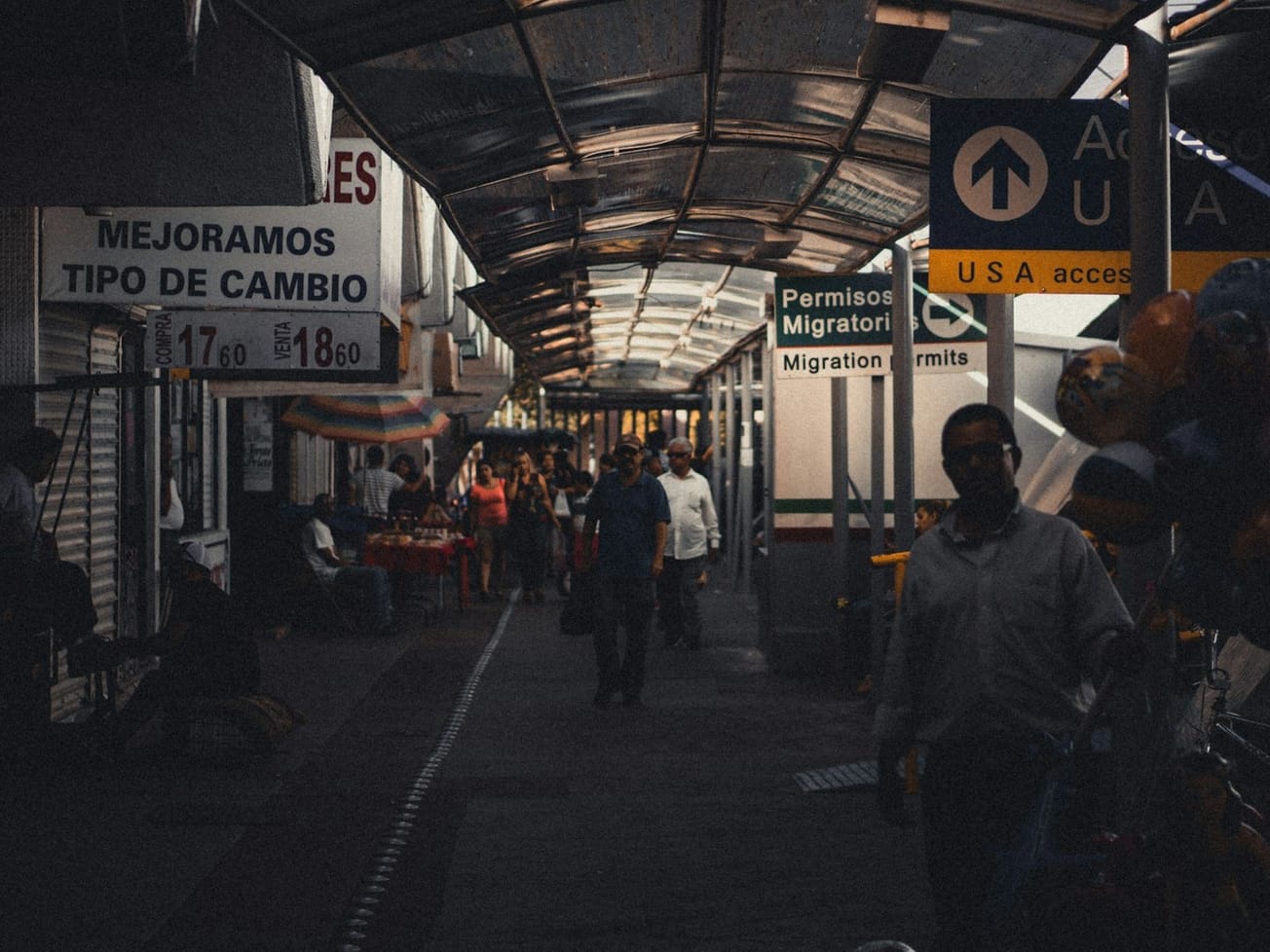While much of the world focuses on the death and devastation in Gaza and Ukraine, a historic humanitarian crisis fueled by conflict, disease and weather is unfolding across central and northeast Africa.
Starvation, epidemics, climate change, civil wars, displacement and sex trafficking are upending the lives of millions of men and women, boy and girls.









